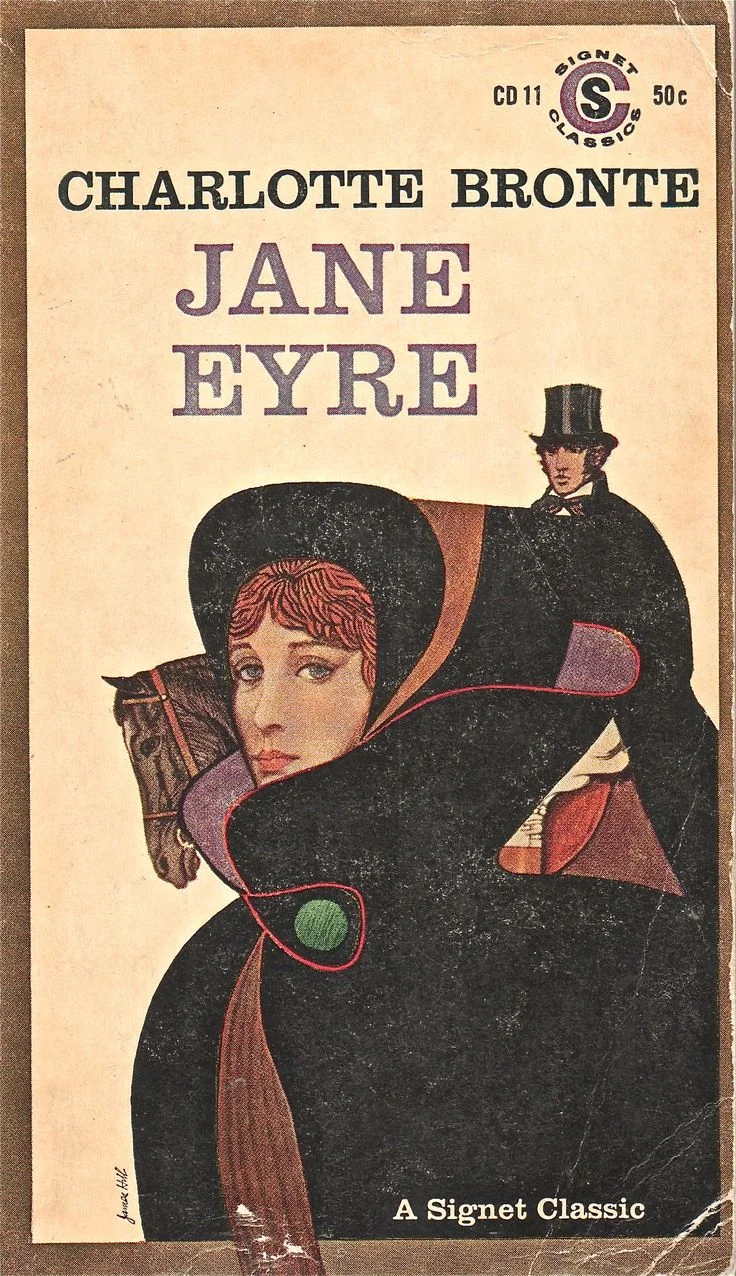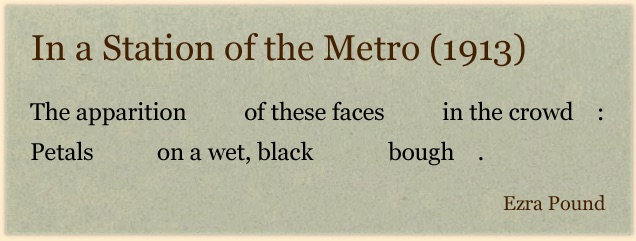In 2006, Destroyer released what is probably one of the greatest albums of all time, one of my personal favorites at least. To those unfamiliar with Destroyer, Canada’s greatest art rock export, Rubies would be where I would suggest you start. For those who appreciate turns of phrase, clever references, or wordplay in general, this album is for you. On the opening track “Rubies” Bejar calls out pseudo-artists, saying, “Oh, it’s just your precious American Underground and it is born of wealth. With not a writer in the lot.” Like Colin Meloy of The Decemberists and others, Bejar has earned the right to be taken seriously not only as a singer and songwriter but also as a writer and a poet. He says himself: “All I know is when I'm writing, I’m trying to get to the heart of something. And then when I’m singing, I’m trying even harder to get at the heart of something.”(1) Bejar is not shy about placing himself within the artistic tradition by referencing past works of art. Here are a few of the literary allusions that I’ve picked up on after listening to this album who knows how many times.
Your Blood
“I bought ‘em all, I bought ‘em all! I made donations to The Plague, and The Fall and the Old Grey Mare in her stall!”
Not so much an allusion as a direct mentioning of The Plague and The Fall, two novels by French Nobel Prize winner Albert Camus which both serve to elucidate Camus’s unique brand of existentialism, the idea that the world is inherently meaningless and that any meaning which it has, we have given it. The reference fits right in with the general sway of Bejar’s lyrics, as he has said himself:
“It’s not like I expect to find any answers, but I like the idea of striving for some kind of light or revelation. And I like the idea that the striving is futile, that the answer’s not the thing, but the struggle is the thing. And that’s what gets documented when we open our mouths or write stuff down.” (2)
Looter’s Follies
“‘Oh I’ve busted my ass on these streets too long,” he said. I set fire to the bed and tore his gown…”
“Looter’s Follies” has some of my favorite lyrics, and because of this, ranks highly amongst my favorite songs of all time. It includes this veiled reference to two incidents in the 19th century British novel Jane Eyre, in which Bertha Mason, the madwoman in Mr. Rochester’s attic, sneaks into a bedroom, once to set Rochester’s bed on fire, and later, on the day before Jane is to be married to Rochester, to rip up her wedding veil.
3000 Flowers
“Fresh face on a dying scene… 100th of a ‘wet, black bough’…”
The first literary allusion in “3000 Flowers” is this quoting of Ezra Pound’s well-known imagist poem “In a Station of the Metro.” The poem consists of only these two lines, only fourteen words (supposedly pared down from thirty lines) without a verb in sight. It is a quintessential imagist text that has somehow managed to stick around in the collective consciousness.
“I was Clytemnestra on a good day, dispensing wisdom to the uninitiated…”
Later in the same song, we have a classical allusion to the Greek myth of Clytemnestra, Agamemnon’s wife and murderer found in both The Odyssey and the Oresteia, Aeschylus’s tragic play. In the latter story, she colludes with her lover Aegisthus to kill Agamemnon, in revenge for sacrificing their daughter Iphigenia for the gift of fair travelling winds. As a side note, Clytemnestra is the daughter of Leda, famed for being seduced by Zeus in the form of a swan.
A Dangerous Woman Up to a Point
“Forgive them, my lord, they know not what they do!”
Another great song and the perfect example of what Bejar describes, as “a style of writing that I’ll never do again: these kind of dense passages that I spew out nonstop, as the song crescendos.” This is a biblical allusion to Luke 23:34, some of Jesus’s last words as he hangs on the cross.
“Have I told you lately that I love you? Did I fail to mention there’s a sword hanging above you?”
This line is an example of Bejar’s knack for interesting juxtaposition. Here he combines a reference to a well-known pop song, Van Morrison’s “Have I Told You Lately that I Love You?” with an allusion to the Sword of Damocles. Bejar has spoken about his influences: “Over the last 11 years or so, I’ve mostly just listened to Van Morrison, Joni Mitchell, and Bob Dylan. What speaks to me in Van Morrison’s music is that it's real—there’s basically a religious need in his music, and his approach doesn't stray from that.” (3)
“They said – “Don’t look back!” but I looked back.”
He uses the same tactic again in a subsequent line by combining what might be a reference to the classic Bob Dylan documentary Don’t Look Back with an allusion to the myth of Orpheus and Eurydice. In the story, Orpheus tries to retrieve Eurydice from the underworld, after she dies from a viper bite, but he fails when he looks back to see if she is truly following him. This was after being expressly told by Hades not to do so.






